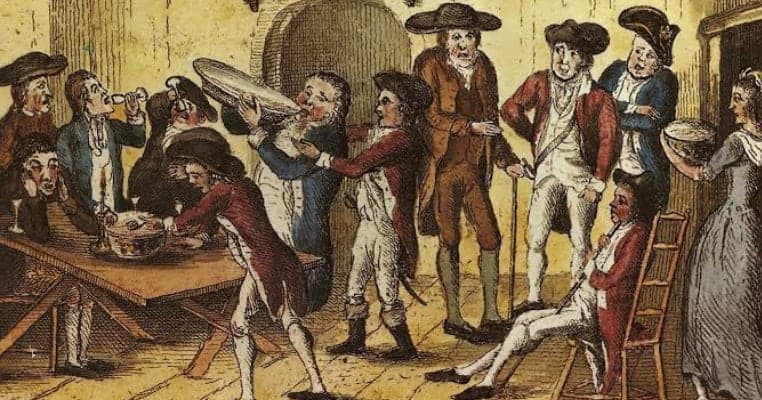Because they are used to restrict activities on Sundays, blue laws in the United States are also known as Sunday laws. They long existed in the United States, and have had an impact on public and private activities throughout American history. Most have been enacted at local or state levels, and most were intended to protect Sunday as a day of rest and religious worship. Despite their connection with the Christian Sabbath, the Supreme Court of the United States has many times ruled them constitutional, though some have been overturned by the courts.

Many communities still have their own, and they are enforced with varying degrees of enthusiasm in those that do. Many of the communities which enforce blue laws are small and rural. A large number of them which remain in force restrict the sale of alcohol, both for on-premises consumption and for carry-out purchase. Others restrict sales to types of alcohol. Other blue laws were enacted restricting the sale of certain items on Sunday, including automobiles. In addition to protecting the Sabbath, some states allowed blue laws to protect Christian holidays such as Christmas and Easter. Here is some of the history of blue laws in the United States.

1. Blue laws were not named for the color of the paper on which they were printed in colonial New England
An urban myth exists which claims that the strict prohibitions on activities on the Sabbath in colonial New Haven was printed on blue paper, giving birth to the term blue laws. Like most urban myths, it was repeated so often and in so many places that it acquired the authority of the printed word and became accepted as fact. But researchers have never been able to locate copies of such laws printed on blue paper, nor bound in books with blue covers, as another variation of the myth contends. The laws most likely became referred to as blue because that word was used in the 18th century to describe someone or something prudish.
There was a long list of such laws in New Haven, however, supposedly written in the 17th century, according to a 1781 book written by the Reverend Samuel Peters. Subsequent scholars reviewing the list of the laws and the respective punishments Peters described raised questions over his veracity. More than 40 of the laws Peters claimed had once existed in the colony of Connecticut remain unverified as to whether or not they actually existed. Peters’ book, which had a title roughly as long as this paragraph, is usually referred to as the General History of Connecticut, and was both self-serving (he claimed to have given Vermont its name) and anti-American (he was a British loyalist).

